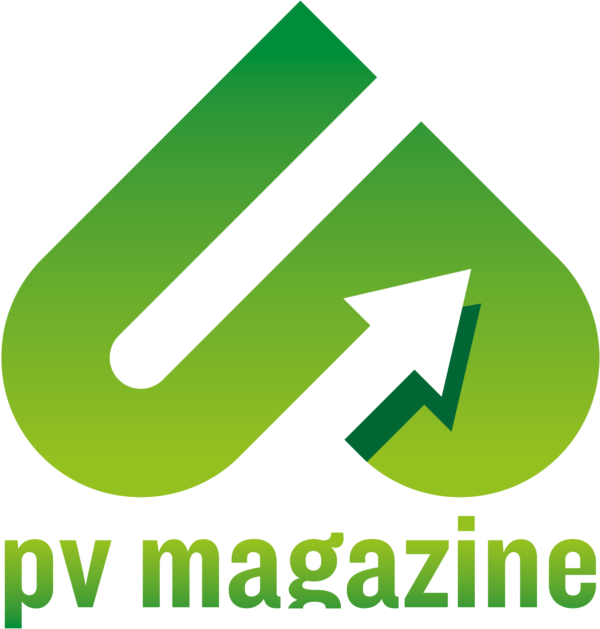 Tensions are heating up globally surrounding the issue of forced labor, with calls increasing for supply chain transparency, and EU draft legislation recently published on corporate due diligence and accountability to improve upon the currently available voluntary measures, which have been described as largely ineffective.
Tensions are heating up globally surrounding the issue of forced labor, with calls increasing for supply chain transparency, and EU draft legislation recently published on corporate due diligence and accountability to improve upon the currently available voluntary measures, which have been described as largely ineffective.
The solar and energy storage industries are also being affected. In the first two months of 2021, leading European and U.S. trade associations and analysts have spoken out against forced labor in China’s Xinjiang province, where 40% of the world’s polysilicon is currently manufactured. With a ban on imports from Xinjiang to the United States increasingly likely, predictions are that current global supply chains will be interrupted as companies seek to find new suppliers.
With this in mind, pv magazine’s UP Initiative will spend Q2 2021 looking at what solar and energy storage companies can do to lead by positive example when it comes to the workers, often far removed, involved in the production of their products and services.
pv magazine 01/2021
Xinjiang sanctions and the PV supply chain: Due to forced labor concerns, a ban on imports from Xinjiang to the United States appears likely. This could be another blow for polysilicon producers hit by industrial accidents and the threat of floods in the third quarter of 2020. Chinese polysilicon prices have surged more than 50% in a matter of a months. Consequently, wafer prices have skyrocketed, bringing increasing costs to the solar cell and PV module segments. In the face of price hikes, some projects are now postponed until the first half of 2021.
pv magazine 03/2021
Leveling the playing field: Presentation of the quarterly theme.
Why human rights protection is pushing up module prices: The solar industry typically sees itself as being supportive of the environment, humanity, and human rights. Even large Chinese PV manufacturers publish statements to this effect, particularly if they are listed on Western stock exchanges. But what do human rights have to do with the solar industry? What connections exist, asks Martin Schachinger of pvXchange, and how are they important to the future success of the European PV market?
pv magazine 04/2021
Polysilicon from Xinjiang: a balanced view: As of March, the United States and Europe were considering sanctions on polysilicon from Xinjiang, China, due to concerns over forced labor. The U.S. government has already barred entry for all cotton products and tomatoes from the region. However, as BloombergNEF analyst Jenny Chase writes, there is no evidence that forced labor is used in polysilicon production in Xinjiang – in fact, the economics might point against it.
Unchained: Political moves shift solar supply: PV module supply chains to the U.S. industry are in flux, and not for the first time. Moves to take action alongside stimulus measures aimed at clean energy are changing the way in which U.S. developers and installers source modules, writes David Wagman, senior editor of pv magazine USA.
Solar ethics, forced labor: The U.S. solar industry has condemned all forms of forced labor and we are committed to ensuring that solar products coming into the U.S. do not contain anything made using forced labor.
pv magazine 05/2021
Toward traceability: Supply chain auditing has long played an important role in the PV industry, ensuring contracted standards are met and quality is maintained in manufacturing. And with a growing movement calling for ethical and sustainable practices across the solar supply chain, the process could soon take on a new dimension.
Getting on the front foot: For the effective rollout of the global energy transition we urgently need, the time has come to ensure that all aspects of solar and energy storage supply chains are transparent, sustainable, and just. But how can this be achieved? And are there tangible business advantages to be reaped? As part of our Q2 UP Initiative focus on workers’ rights, pv magazine has compiled a five-step guide for best practice in supply chain management.
pv magazine 06/2021
SEIA seeks supply chain transparency: As ethical concerns around the solar supply chain grow, the U.S.-based Solar Energy Industries Association (SEIA) has a new tool for improving transparency, backed by a traceability protocol. In late April, SEIA released the protocol, which it said would improve supply chain transparency and help ensure that solar components headed for U.S. projects are “made ethically throughout the solar value chain.” pv magazine USA’s David Wagman takes a closer look.
Back to the UP Initiative feature page
This page was last updated on June 14, 2021.